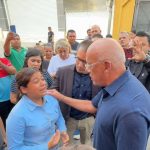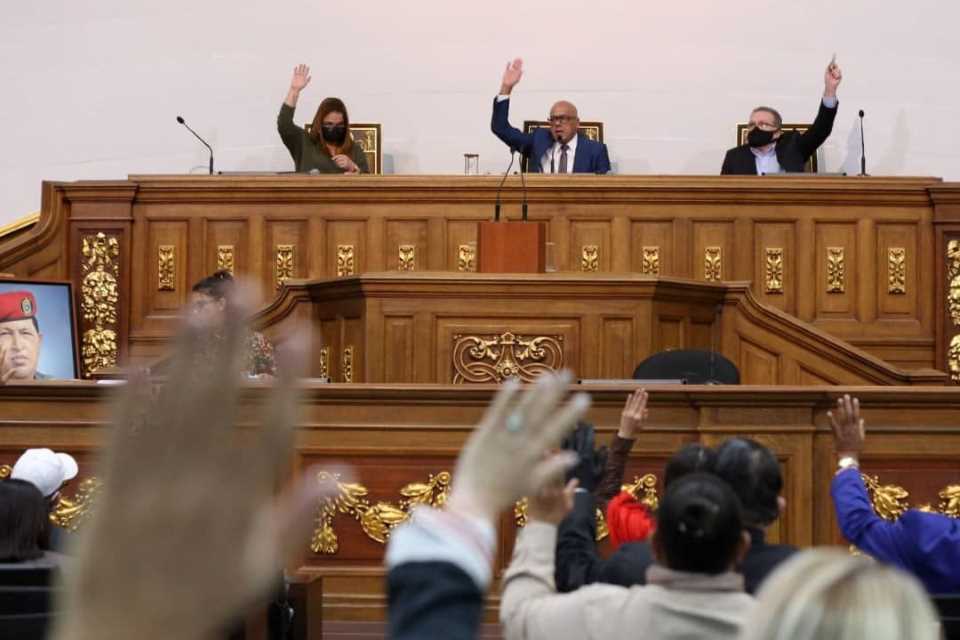The new subway rate of $42 will take effect from this Friday, with an increase of 40% compared to the current value until this Thursday, with the entry into force of the table that was approved in a public hearing last month.
Retirees, pensioners, people with disabilities, transplanted people and primary and secondary students will continue to travel for free and the social tariff and the frequent flyer discountstea.
Subways of Buenos Aires (Sbase) approved through resolution No. 17/22 the update of the subway rate, for which from this Thursday it will cost $42 while the Premetro will be worth $15.
The modification of the rate table that takes the subway rate from $30 to $42 it was discussed and approved at the public hearing held on August 26.
The increase will be implemented “with the aim of continuing to guarantee the maintenance and proper functioning of the service, and in line with the rate update implemented by the national government for the rest of public transport in the AMBA,” the company said in a statement.
He detailed that the update responds to variation of the technical ratewhich reflects the cost of operating the service, and that since the last presentation, these costs increased by 159%.
Last year, with the sale of tickets, only 8% was covered and it represents only 14% of the costs of the service, Sbase reported.
Discounts and benefits for passengers
On the one hand, the Sube Network discount and the benefit to frequent Flyers, that contemplates that the user is automatically applied discounts of 20%, 30% and 40% once the 20, 30 or 40 monthly trips are exceeded, respectively.
In addition, they will continue passes for retirees and pensionersand for people with disabilityfor people transplanted and on the waiting list –all of them can travel for free-, the student ticket -which is also free-, and the social, teacher and student subscriptions, for secondary and tertiary school students.
The social payment is meant to beneficiaries of social planss administered by the Government of the City of Buenos Aires, from the Ciudadanía Porteña program; beneficiaries of the Plan Heads and Heads of Household; people in a situation of chronic or recurring unemployment; and people who prove to have family income that is below the basic family basket published by the INDEC.
It also includes people who prove they are in a situation of indigence; beneficiaries of the Cromañón tragedy subsidy; ex-combatants from the Malvinas; those groups identified by current regulations of the City of Buenos Aires with special needs or in a situation of high social vulnerability, it was reported.


















